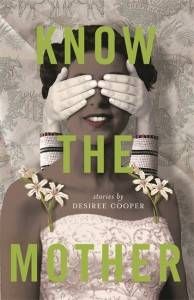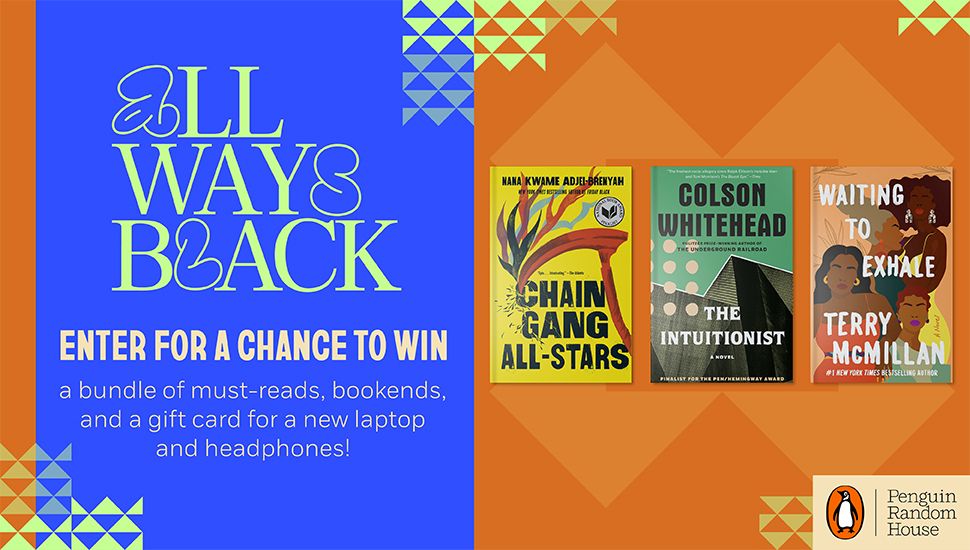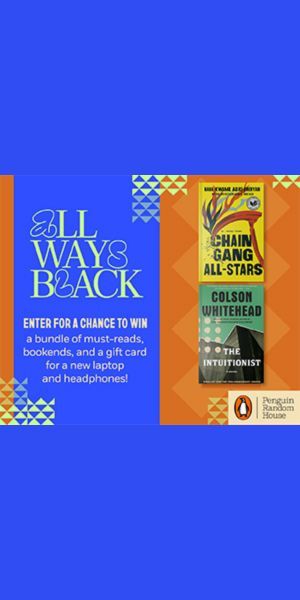
Flash Fiction Got My Groove Back
I used to be the kid who gobbled up a book in a day. On the weekend, I would find a corner of the living room to settle in with a pillow and disappear. I’d skip outdoor play time with the neighbor kids to finish the latest chapter book I’d gotten my hands on. I remember feeling a rush with each book I finished. As I became a young adult, I fully embraced my identity as a book nerd. Camping out in the library, I worked my way through my school’s fiction section. Books were what I did with my free time, no exceptions.
But that sense of free time changed as I moved into adulthood. I had a series of jobs that left me exhausted at the end of the day. In the last two years, as I became a teacher and brought work home with me, I started to find my way away from reading. I had to get things done. I still bought books, but looked at them wistfully as they piled on my nightstand. When I tried to read, I often became angry at myself for falling asleep, or not being able to keep with the characters and story lines of the huge books I was drawn to. I felt book-nerd-guilt for not keeping up with the latest lists.
I missed the rush I got from reading; I missed the excitement it gave me. I thumbed through the first few pages of the books I’d bought, looking for something I couldn’t pull myself away from without losing an afternoon. I needed an end I could see. I need only a short-term commitment. As much as I loved the tomes like A Little Life and A Brief History of Seven Killings, I couldn’t stay focused. I needed a way back into the world I loved and to reclaim my reader self.
I found my way back with flash fiction. Flash fiction, usually defined as stories under 1,000 words, was a form I’d learned about when I studied writing, but had forgotten about as a reader. Since I’d spent so much energy equating reading with accomplishment, I thought of “worthy reading” residing only in those books that took a lot of time.

When I did my usual thumbing through of this book, I noticed the brevity of each story; none of the stories are more than a few pages long. I took the chance, and devoured the first short before I knew I had to return to the stack on work on my desk. “Witching Hour,” the title of the piece, was only a paragraph long, but was dense and beautiful. Its incantation summoned the reader in me that was hungry for words, while also setting up a perfect introduction to the series of stories about mothers and daughters and women that would follow. I carried this collection with me for days, sneaking a quick story in the parking lot, or in my office right before a class started. Instead of feeling obligated to read, this reading gave me liveliness; a quick literary jolt that energized me.
Flash fiction allowed me to remember that the amount of books we read isn’t what defines us as readers, but rather the passion we share for reading. And flash is unique as it asks the reader to fill in a context the writer doesn’t always provide. Though you get to put it down or walk away from it, good flash fiction leaves you thinking about the story all day. With many publishers, especially the independents and indies, embracing flash fiction collections, there is so much to be discovered, and I’m on the search for some new faves. I rediscovered many literary magazines, such as Brevity, Smokelong Quarterly and Nano, that publish short pieces exclusively, to help keep my reading spark aflame.
Steal yourself a moment and get into some flash.














